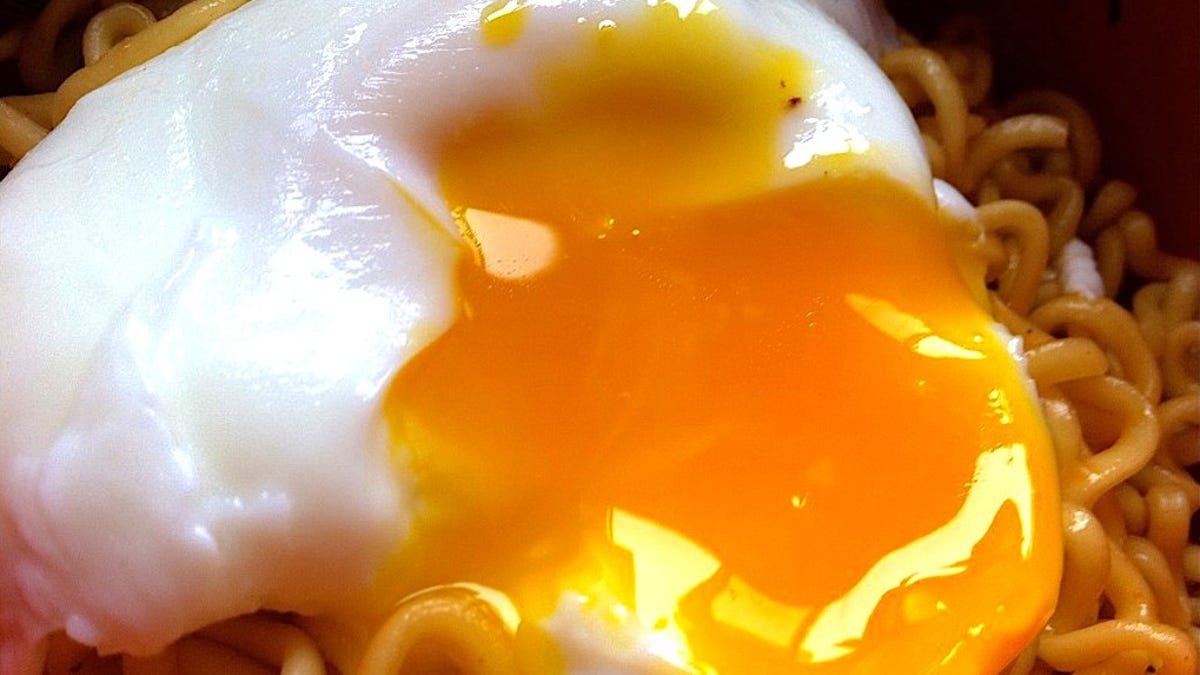How to Treat a Headache Beyond Just Taking Drugs
Headaches can range from annoying to debilitating—and when it comes to treating them, you’ll want to use all of the available tools at your disposal, including both medication and non-medication options. While reaching for an over-the-counter headache medicine is...


Photo: fizkes (Shutterstock)
Headaches can range from annoying to debilitating—and when it comes to treating them, you’ll want to use all of the available tools at your disposal, including both medication and non-medication options. While reaching for an over-the-counter headache medicine is an effective strategy, taking them too often can cause issues of their own.
Some of the complications of taking too much over-the-counter headache medicine includes liver damage, which can happen if you exceed the maximum dosing instructions listed on the bottle (either by taking too much at one time, or by taking it frequently over a very extended period of time). Although rare, acetaminophen overdose is the leading cause of acute liver failure in the United States and is responsible for an estimated 500 deaths a year, with the possibility of damage starting once you exceed 4,000 mg in a day, or 8 pills of Tylenol Extra Strength.
“A good rule of thumb is to really pay attention to the dosing and frequency guidelines on the over-the-counter [headache medications],” said Mike Sevilla, a family physician and spokesperson for the American Academy of Family Physicians. “Do not go over these dosing and frequency guidelines. Some medications are recommended twice a day, some frequencies are every six hours as needed. Be aware of these recommendations.” These instructions exist for a reason, as following them is what keeps you safe.
Another issue can be rebound headaches, where long-term use of over-the-counter headache medication can trigger medication overuse headaches, which kind of defeats the whole purpose.
Headaches have different causes
Headaches can be caused by a number of factors, including stress, heat, lack of sleep, skipping meals, allergies, or any number of other triggers, many of which can be specific to a person. When it comes to these triggers, the best thing is to work on avoiding them to reduce the chances of getting a headache.
“The cornerstone to preventing headaches is hydration,” said Jesus Lizarzaburu, a family physician and spokesperson for the American Academy of Family Physicians. “One of the main reasons people get a hangover headache is due to dehydration.”
It can also help to keep a headache diary, where you record when you get a headache, along with what you were doing in the days and hours leading up to them, so that you can get a better idea of what your triggers are. Lizarzaburu also advises making it a priority to get regular sleep.
Strategies to try that aren’t medication
When you have a headache, the goal is always to reduce your pain as quickly and efficiently as possible, so you may want to incorporate non-medication strategies as a stand-alone intervention or in combination with medication. Doing so can help you reduce the total amount of medication you need, if not eliminate it altogether.
Some non-medication strategies include:
Resting in a quiet, dark roomApplying an ice pack to your foreheadDrinking some waterDrinking something with caffeine in it, such as a cup of coffeeDoing some light stretching to help ease any tightness that might be causing your headacheSevilla advises that it’s time to see your doctor if your typical strategies stop working, or if the frequency of your headaches are getting to a point where they are disrupting your life. “If your headaches are occurring with other symptoms like dizziness, lightheadedness, feeling of numbness or tingling, or difficulty with speaking, these could be signs of a stroke,” Sevilla said. If that happens, “call 911 or go to the hospital immediately.”

 Troov
Troov 


























.jpg&h=630&w=1200&q=100&v=f776164e2b&c=1)






